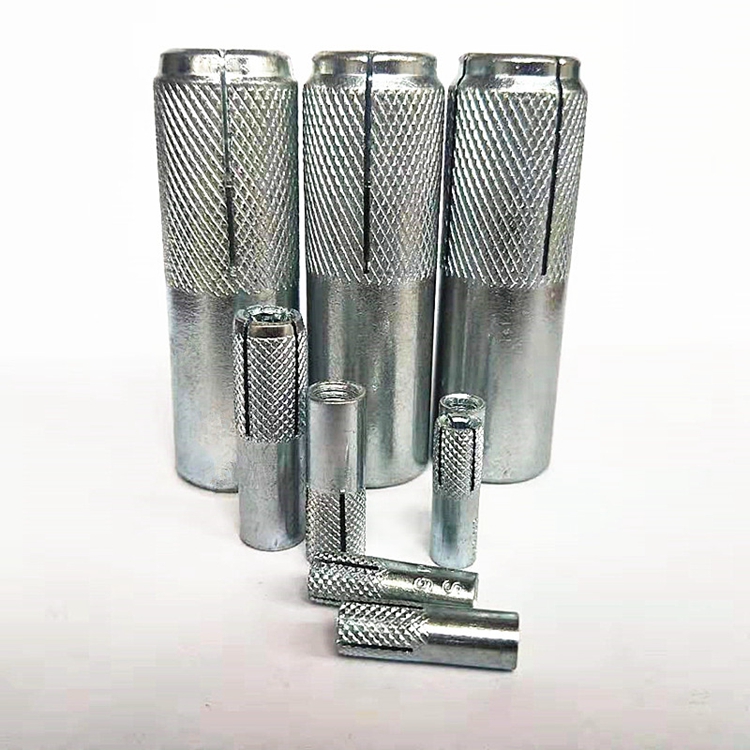High-Quality Aluminum Weld Nuts | Durable & Reliable Fastening Solutions
Aug . 28, 2024 03:46 Back to list
High-Quality Aluminum Weld Nuts | Durable & Reliable Fastening Solutions
Aluminum Weld Nuts A Dynamic Solution for Modern Manufacturing
In the ever-evolving landscape of modern manufacturing, the demand for high-strength, lightweight materials is at an all-time high. One such material that has gained significant traction is aluminum, particularly in the form of aluminum weld nuts. These specialized components are becoming increasingly popular due to their unique properties and versatile applications across various industries.
What are Aluminum Weld Nuts?
Aluminum weld nuts are fastening devices designed to be welded onto substrates, providing a robust anchor point for screws or bolts. Made from aluminum alloys, these nuts offer a combination of high strength and low weight, making them an ideal choice for applications where reducing overall mass is critical. The welding process used to attach these nuts ensures a highly reliable connection, which is essential for maintaining the integrity of the assembly in challenging environments.
Advantages of Aluminum Weld Nuts
1. Lightweight One of the most significant advantages of aluminum weld nuts is their lightweight nature. Compared to traditional steel nuts, aluminum weld nuts can reduce the overall weight of the final product, which is particularly advantageous in industries like aerospace and automotive where every gram counts.
2. Corrosion Resistance Aluminum has an inherent level of corrosion resistance, making it suitable for environments where moisture and chemicals may pose a threat. This property extends the lifespan of the components and reduces the need for frequent replacements or maintenance.
3. Enhanced Thermal and Electrical Conductivity Aluminum provides excellent thermal and electrical conductivity, which can be beneficial in applications requiring heat dissipation or electrical connections.
4. Ease of Manufacturing The flexible nature of aluminum allows for easier machining and fabrication compared to other metals. This results in shorter production times and the ability to create complex designs that meet specific requirements.
aluminum weld nuts company

5. Environmentally Friendly Aluminum is 100% recyclable, making aluminum weld nuts a sustainable choice for manufacturers looking to reduce their environmental impact. The recycling process requires only 5% of the energy used to produce new aluminum, emphasizing its sustainability credentials.
Applications of Aluminum Weld Nuts
Aluminum weld nuts find their use in a diverse range of industries, including
- Automotive As the automotive industry moves towards more fuel-efficient vehicles, lightweight materials become essential. Aluminum weld nuts are utilized in vehicle frames, body panels, and interior components.
- Aerospace Aircraft design demands extremely lightweight and strong materials. Aluminum weld nuts are critical in various assemblies where structural integrity and weight savings are paramount.
- Electronics In the electronics sector, aluminum weld nuts serve as secure mounting points for components that require reliable connections and effective heat dissipation.
- Construction In modular construction and prefabricated buildings, aluminum weld nuts facilitate the efficient assembly of structures, ensuring strong and durable joints.
Conclusion
As industries continue to innovate and seek new materials to enhance performance, aluminum weld nuts stand out as a versatile and dependable solution. Their unique properties and numerous advantages make them an indispensable component in the modern manufacturing landscape. By adopting aluminum weld nuts, manufacturers not only improve the efficiency and durability of their products but also contribute to sustainable practices in their processes. As demand for lightweight and high-performance materials grows, aluminum weld nuts are poised to play a pivotal role in shaping the future of manufacturing.
Latest news
-
Top Wire Bolts Suppliers - Quality & Durable Fasteners
NewsAug.15,2025
-
Trusted Wire Bolts Company | Quality Fasteners Supplier
NewsAug.14,2025
-
Reliable Wire Bolts Suppliers & Manufacturers for Global Needs
NewsAug.13,2025
-
High-Quality Bolts for Lawn Mower Handle Supplier
NewsAug.12,2025
-
Leading Phosphated Drywall Screws Supplier | Bulk & Custom Orders
NewsAug.11,2025
-
Top Wire Bolts Company: Manufacturers, Exporters & Suppliers
NewsAug.10,2025
